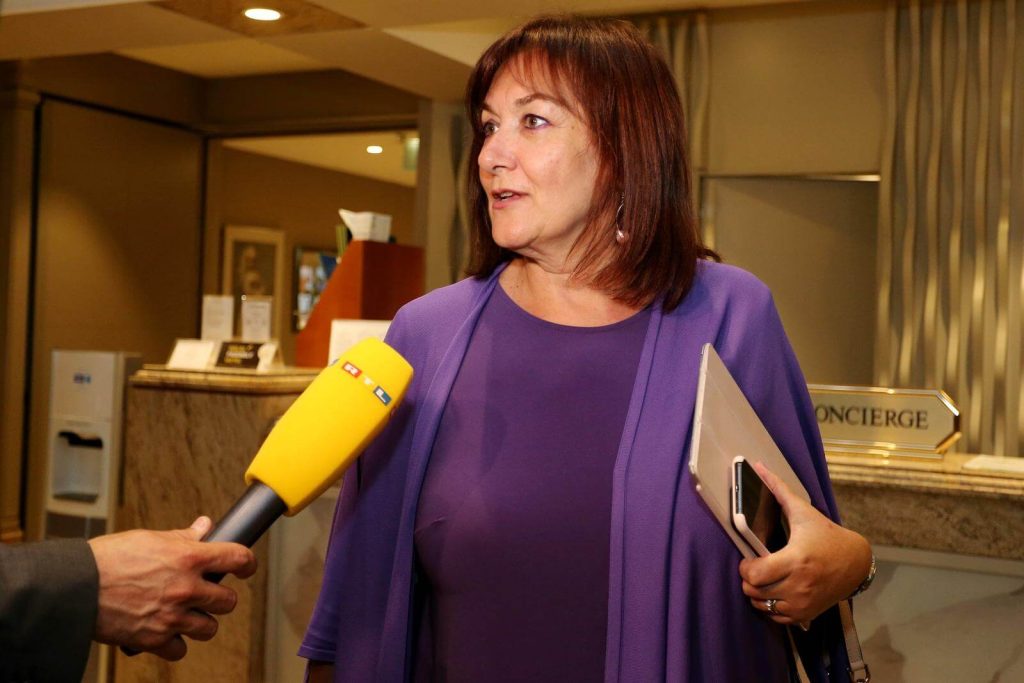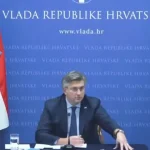We have noticed that there is a gap between decisions-makers and and citizens and we want to lessen that gap. It is the reason why we are organising this Conference (on the Future of Europe), Commissioner Šuica told a press conference in the European Parliament on Saturday after a session bringing together EU representatives and ordinary citizens.
The European Parliament on Saturday started a plenary at which 80 EU citizens were presenting conclusions of discussions on different topics held by 800 randomly chosen citizens in September and October.
Technology has changed the world and we must change, too, said Šuica adding that she did not believe that the Conference on the Future of Europe would remain a one-off event.
We are thinking about a permanent mechanism, although we have not yet decided on it definitely, she explained.
The European Commission says on its web site that “the Conference on the Future of Europe is an unprecedented, open and inclusive democratic exercise, with a Multilingual Digital Platform, where all Europeans are invited to have their say on how to shape our shared future on various issues.”
The citizens involved in the Strasbourg gathering are expected to prepare a final document and forward it to the European Commission in December.
According to the EC information on its website, Šuica stated that “this is a historic moment where, for the first time, citizens deliberate on a par with their elected representatives at all levels.”
“Bringing citizens to the core of European policymaking will reinforce our representative democracies, as we set sail towards our common future.”
Guy Verhofstadt, a member of the European Parliament and a co-chair of the Conference on the Future of Europe, was quoted as saying that “the enthusiasm in the Citizens’ Panels is great, expectations are high, the formula is working.”
“Now the Plenary has to find answers to the issues raised, in the form of a shared vision of Europe’s future and concrete deliverables on how we reform the European Union. EU politics have to rise to the occasion.”
He also advocates the organisation of conferences of such format every five years.
In August, 70% of the respondents in a survey conducted by the Ipsos pollster in the European Union said they were dissatisfied with the way the EU was working at present.
For more on politics, follow TCN’s dedicated page.
For more about Croatia, CLICK HERE.











